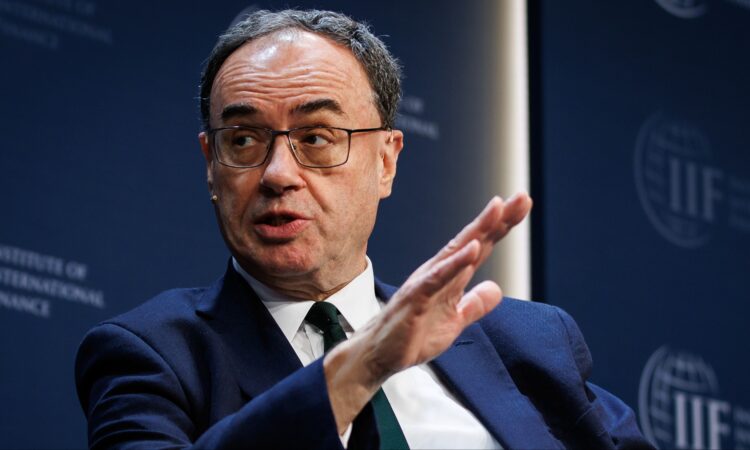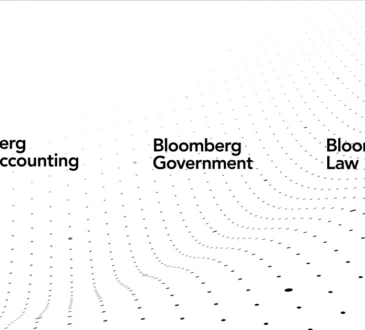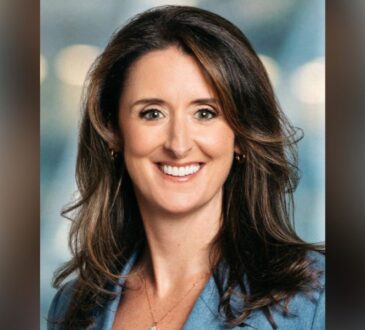
The governor of the Bank of England has confirmed plans for a private credit stress test, underlining growing concerns about the systemic risks presented by the industry.
Andrew Bailey told the House of Lords Financial Services Regulation Committee on Tuesday that the central bank is speaking to private credit firms about a voluntary stress test.
Appearing alongside Bailey, Bank of England deputy governor Sarah Breeden said: “We’re seeking to pull together another system-wide exploratory scenario that will look to apply an economic stress to this complex set of interconnections.”
Breeden added that the test would look to understand the “high degrees of leverage and the losses that that might create in an economic stress”.
Bailey also drew parallels with the practices that led to the 2008 financial crisis, saying that “alarm bells” are ringing over the “slicing and dicing and tranching of loan structures”.
Private credit allows companies to borrow from less-regulated non-bank financial institutions, including private equity firms.
The sector has grown considerably since the global financial crisis, and the Financial Stability Board, chaired by Bailey, has warned of its risks in the past.
Speaking at the IMF annual meeting in Washington last week, the BoE governor called for central banks to investigate the “opaque world” of private finance.
In the July 2025 Financial Stability Report, the Bank of England said “further work is needed to address significant data gaps that hinder the ability of financial stability authorities to understand how private markets might operate after a shock, and how stress within private markets might interact with the wider financial system and potentially disrupt UK real economy financing”.
The proposed system-wide exploratory scenario, or SWES, for the broader private credit market would be carried out on a voluntary basis.
Bailey told the committee: “We don’t regulate this world, we don’t have any powers to go in and demand they do it.”
As a result, the initial outreach to industry is important to secure the participation of enough of the market.
The bank carried out a previous scenario exercise in November 2023 focusing on core markets, with over 50 firms participating including asset managers, hedge funds and pensions funds, alongside traditional banks.
A SWES allows the regulator to observe risks across the financial sector, including in connections between markets, rather than the single sector analysis of more traditional stress tests.
Baroness Noakes questioned the need for another “expensive and time-consuming” exercise so soon after the previous iteration.
In response, Bailey emphasised the different nature of the proposed test and said: “The presence of non-banks, the presence of hedge funds, the degree of leverage in those markets, has vastly changed.”
Concerns about the risks posed to the wider economy by non-bank lenders has grown following the recent collapses of First Brands and Tricolor Holdings.
In response to questions on the earnings call referencing the bankruptcies, JPMorgan chief executive Jamie Dimon said the bank was reviewing its internal processes, warning: “When you see one cockroach, there are probably more.”
Bailey told the committee it was still an “open question” whether these events were the “canary in the coal mine”.
European central bank president Christine Lagarde has also called for tighter restrictions on the “darker corners of finance”, including private equity, hedge funds and credit funds.
In a speech earlier this month Lagarde called for stronger rules, in contrast to the deregulation seen in the US.



